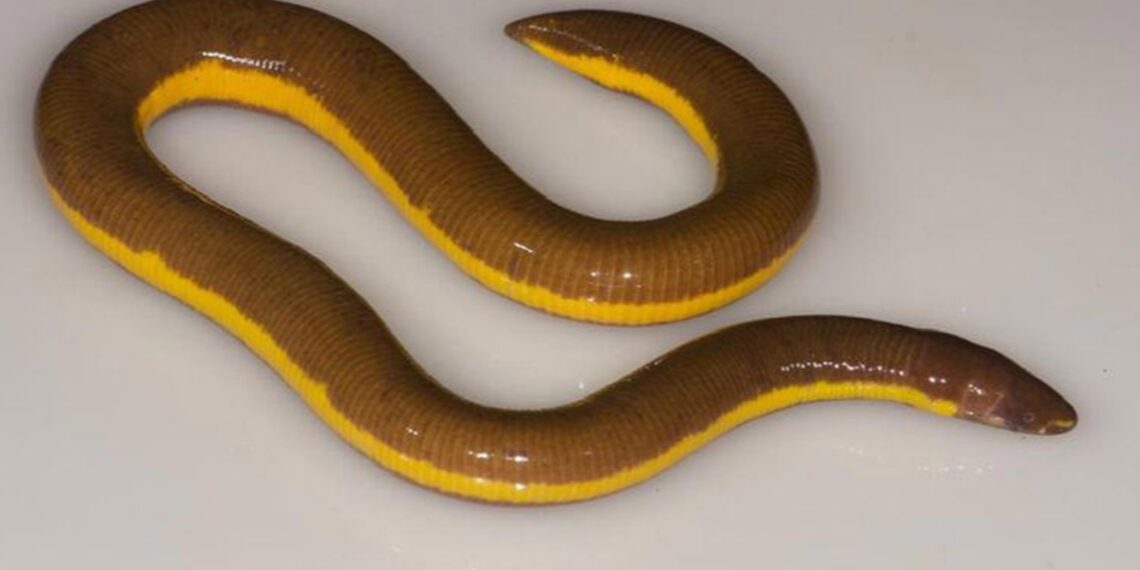GUWAHATI: A team of researchers conducting a survey of amphibians and reptiles in Kaziranga National Park (KNP) has made an exciting discovery – a new species of Striped Caecilian (Ichthyophis spp).
The survey, conducted from June 14 to June 17, involved collaboration between experts from various institutions, including Dr Saibal Sengupta of Assam Don Bosco University, Dr Abhijit Das of the Wildlife Institute of India, Dr Rajeev Basumatary and Dr Samrat Sengupta of DR College, Golaghat, Dr Jayadev Mondal of Madhav Choudhury College, Barpeta, and Dr Jayaditya Purkayastha from Help Earth.
Alongside the identification of this new species, the survey included training sessions aimed at enhancing the skills and knowledge of forest staff in identifying and conserving amphibians.
This initiative is part of broader efforts to improve the management and protection of wildlife species in Kaziranga National Park.
KNP, a UNESCO World Heritage site renowned for its Great Indian one-horned rhinoceros, has a rich history of significant wildlife discoveries.
Earlier this year in February, two new mammalian species were sighted in the park’s periphery, increasing the total count of mammalian species to 37.
During an enumeration survey of water birds, discoveries of the binturong (Arctictis binturong), also known as the bearcat, and the small-clawed otter (Aonyx cinereus) were reported.
Spanning across Golaghat, Nagaon, and Sonitpur districts, Kaziranga’s landscape features dense forests, tall elephant grass, rugged reeds, marshes, and shallow pools, creating a diverse and ideal habitat for its inhabitants.
The discovery of the new Striped Caecilian species underscores Kaziranga National Park’s status as a hotspot for biodiversity and reinforces its importance in global conservation efforts.















